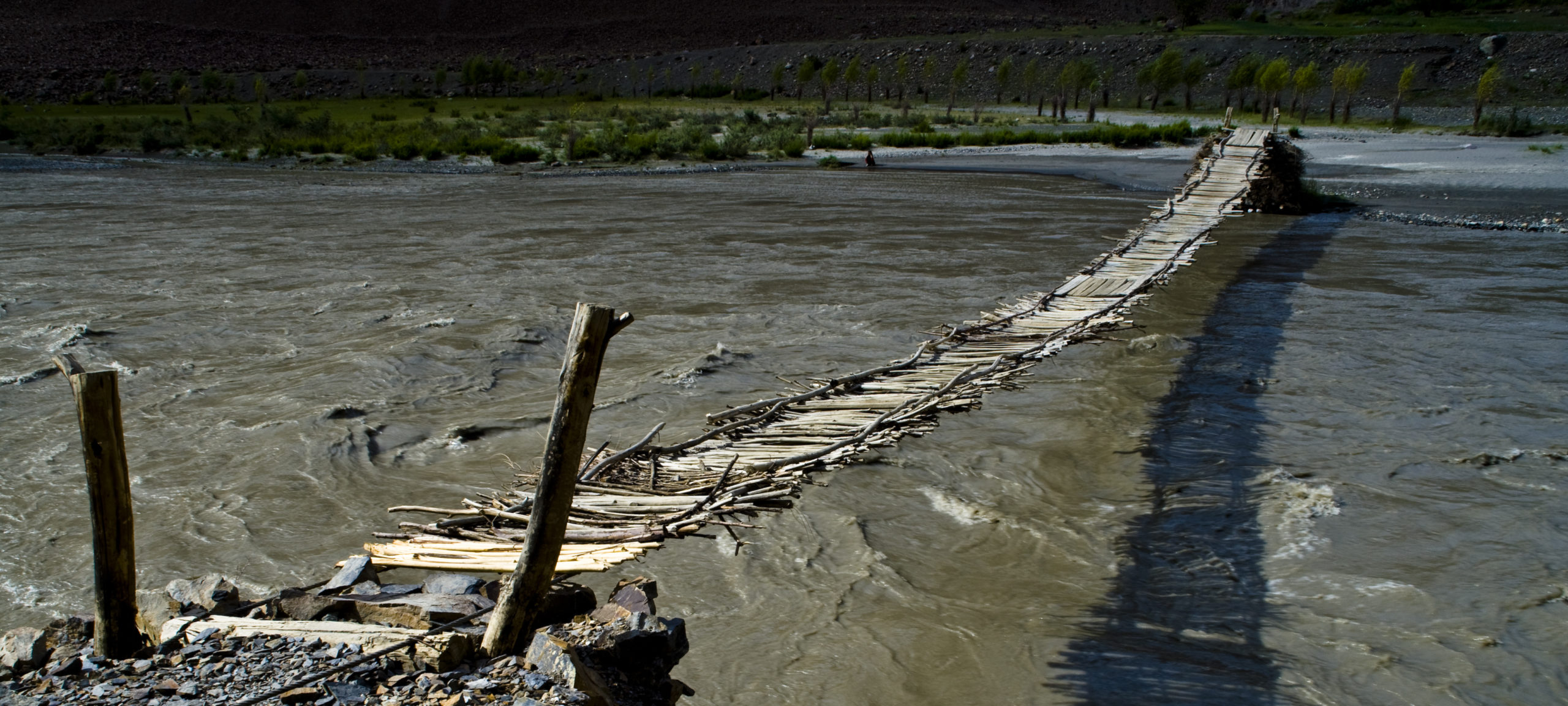Entry rules in response to coronavirus (COVID-19): The Tajik Ministry of Foreign Affairs confirmed that all international travellers arriving in Tajikistan must provide confirmation of a negative PCR test, issued within 72 hours of arrival. Please note, the test must be a COVID-19 PCR swab test. Other test results including antibody tests are not accepted. COVID-19 entry requirements may change at short notice, and travellers to Tajikistan are strongly encouraged to check the specifics with their airline, including the timeframes for undertaking COVID-19 PCR tests, before travel.
Travel in Tajikistan: You should monitor updates by the Tajikistan Government and should comply with any restrictions, health or screening measures introduced by the authorities. There are no local restrictions or localised lockdowns in place, however you must wear a face covering in public spaces, including in vehicles. Breaches of regulations can result in fines or eventually imprisonment.
Vaccinations: There are no compulsory vaccinations required for entry to Tajikistan.
Malaria: Malaria prophylactics are recommended by the UN; the WHO website states: ‘Malaria risk – predominantly due to P. vivax – exists from June through October, particularly in southern border areas (Khatlon Region), and in some central (Dushanbe), western (Gorno-Badakhshan), and northern (Leninabad Region) areas. Chloroquine and sulfadoxine-pyrimethamine resistant P. falciparum reported in the southern part of the country. Recommended prevention in risk areas: III.’
This text has been included in toto from the WHO website. However, the inclusion of Gorno-Badakhshan in this list at recommended prevention level III is very surprising since malaria is almost unheard of in the Pamirs, apart from a few cases in the 1990s that were almost certainly the result of infection in other areas of Tajikistan. Moreover, Gorno-Badakhshan is definitely not a ‘western’ area!
Altitude sickness: Travellers in Gorno-Badakhshan may have trouble with altitude sickness, which can be totally debilitating. Consult your doctor for advice and medication. N.B. The Mirza, one of the British ‘pundits’, who travelled on foot in the Pamirs in 1869, recommended eating a little dried fruit and sugar. I can confirm this from personal experience: an aspirin is helpful too, combined with plentiful tea or water. Local drivers on the Pamir Highway also eat ‘kurut’, a hard ball of cheese that can be found in most Central Asian markets.The only effective remedy is to descend as soon as possible to a lower altitude.
Stomach upsets: Beware also of stomach upsets and diarrhoea – take appropriate medication with you. Be prepared also for food heavy in fat.
Sanitary conditions: Sanitary conditions are basic. Be prepared – especially if staying in private homes in villages – for:
– the absence of hot and running water
– primitive (squat) pit toilets.
Clothing: Almost all locations in Gorno-Badakhshan are above 2,000 metres (in Murghab above 3,500 metres); take appropriate dress for high mountain climate – warm during the day in summer and autumn but cool in the evenings (early/late summer and autumn); from late October to early April it can be extremely cold. MSDSP guest houses are adequately equipped with blankets, as are the private homes recommended by MSDSP. Nevertheless, sleeping bags, while not essential, can be useful during this period.
Useful items: The following is a non-exhaustive list of items that may be useful – in addition to what is required for trekking (NB most personal toiletry items can now be found in markets in Gorno-Badakhshan, but may be of inferior quality)
- Personal soap/Shampoo
- Toilet paper
- Personal medicines, especially against diarrhoea (and altitude sickness and car sickness if you are susceptible to either – most of the passes on the road Osh-Khorog are above 4,000m and much of the rest of the terrain between Osh and Khorog is high plateau above 3,000m)
- High protection suncream in summer (especially for arms when riding in the front of a jeep)
- Sunglasses
- Sun hat for summer months
- US dollars (NB not earlier than 1990 issues) – adequate number of small bills.
- Torch/Flashlight
- Gifts (for hospitality in private homes – soap, tea and children’s toys are always welcome – for gifts from women to women, cosmetics or tights; chocolate is also popular but will melt in your luggage in the hot summer months)
- Camera / video camera and adequate supply of spare batteries – you will be surprised how many pictures you will take!
- Strong shoes (warm boots in autumn, winter and spring)
- Warm clothes for visit and/or overnight in Murghab (all seasons)
- Plastic bottle for water / water purification tablets
- Adaptor (or voltage reducer) for electrical appliances (European two-pin – 220v)
* You may have difficulty in using credit cards and travellers’ cheques in Central Asia, although they will be accepted in the main hotels in Dushanbe, Almaty, Bishkek and Tashkent. Most transactions in the Pamirs will be in cash.
Links:
https://wwwnc.cdc.gov/travel/destinations/traveler/none/tajikistan?s_cid=ncezid-dgmq-travel-single-001
